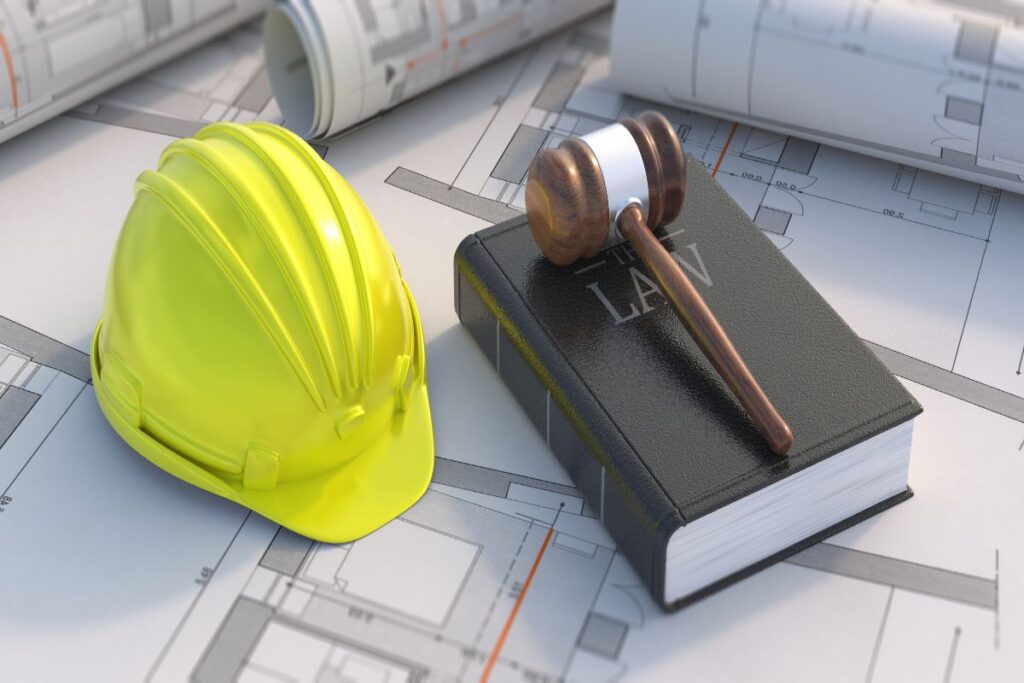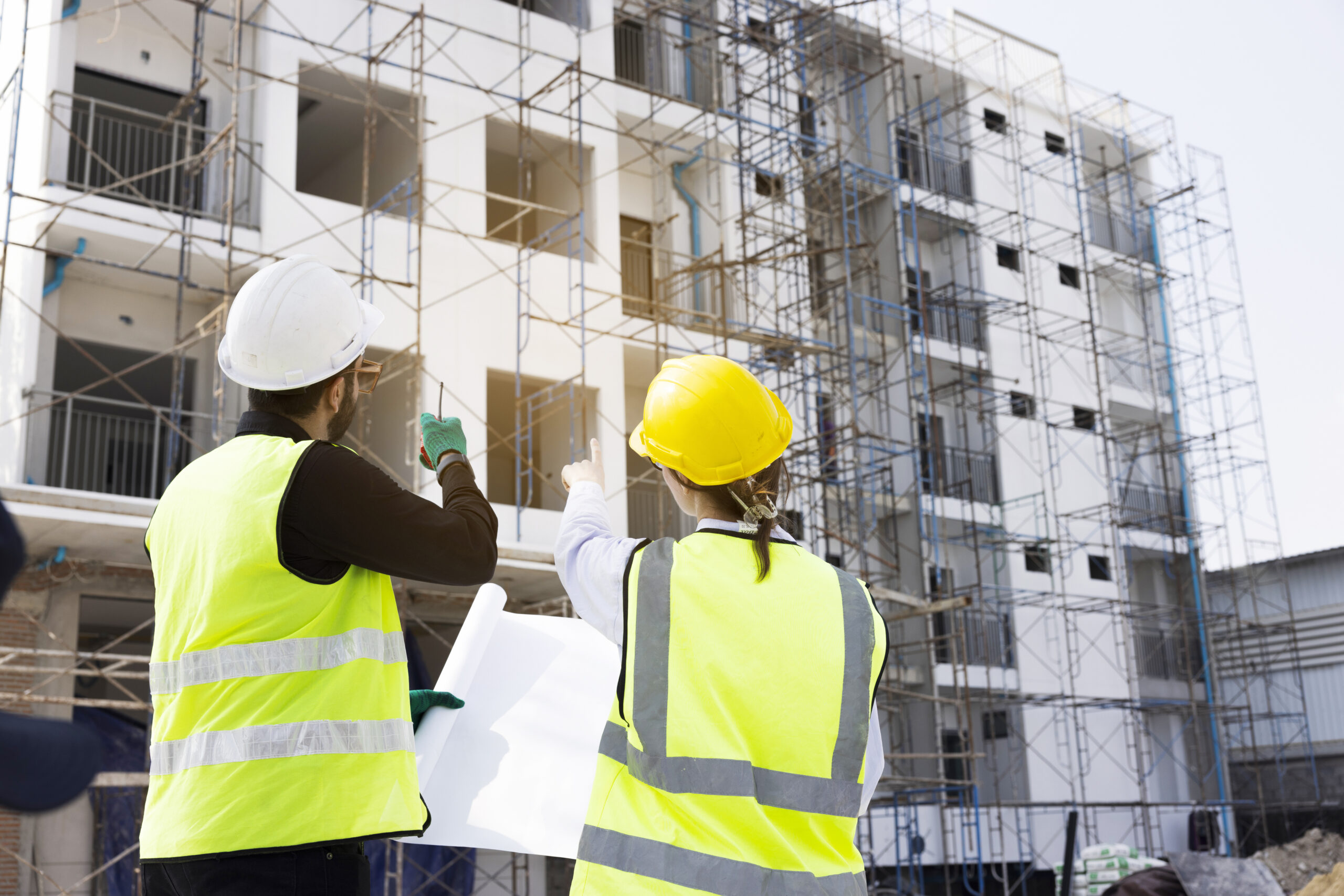Building and construction law is an essential area of legal practice that governs the myriad aspects of building and construction activities. Whether it involves residential properties, commercial developments, or public infrastructure, this area of law plays a critical role in ensuring that projects are completed legally, efficiently, and safely. In this article, we will delve into the fundamental elements of building and construction law, explore the different areas within this sphere, discuss key legal issues, and outline the role of a building and construction lawyer.
Understanding the basics of building and construction law
Before diving deeper, let’s establish a foundation by understanding what building and construction law entails. This legal area concerns the regulation of various activities involved in constructing buildings and infrastructure, including contracts, planning permissions, safety compliance, and dispute resolution.
The definition of building and construction law
Building and construction law can be defined as the set of legal principles and regulations that govern the construction of buildings and other infrastructures. It encompasses aspects such as contract negotiations, employed labour, health and safety requirements, and the legal rights of different stakeholders involved in construction projects, such as contractors, subcontractors, and property owners.
The importance of building and construction law
The importance of building and construction law cannot be overstated. It serves to protect the interests of all parties involved in a construction project, ensuring that everyone, from clients and contractors to workers and the community, is safeguarded. Furthermore, it provides mechanisms to resolve disputes efficiently, thereby avoiding potential legal issues that could arise during or after construction.
Moreover, building and construction law plays a crucial role in promoting sustainable practices within the industry. With increasing awareness of environmental concerns, legislation often mandates adherence to specific standards that minimise ecological impact. This includes regulations on waste management, energy efficiency, and the use of sustainable materials. By enforcing these standards, the law not only protects the environment but also encourages innovation in construction methods, leading to more sustainable practices that benefit future generations.
Additionally, the dynamic nature of building and construction law reflects the ever-evolving landscape of the industry itself. With advancements in technology and changes in societal needs, legal frameworks must adapt accordingly. For instance, the rise of smart buildings and digital construction techniques has prompted new regulations surrounding data protection and cybersecurity. As such, staying informed about these changes is essential for all stakeholders to ensure compliance and to harness the benefits of modern construction practices effectively.
The different areas of building and construction law
Building and construction law encompasses a variety of specialised fields. Understanding these areas can help parties involved in construction navigate potential legal challenges more effectively.
Contract law in construction
Contract law is pivotal in the construction industry, as nearly every aspect of a project is governed by contractual agreements. These contracts dictate the responsibilities, timelines, payment agreements, and remedies for breach. It is vital to have well-crafted contracts that anticipate potential challenges and create clear resolutions should disputes arise.
Employment law within the construction industry
Employment law is another significant area, as it governs the rights and obligations of employers and employees on construction sites. This includes issues related to worker safety, wage standards, and employment benefits. Understanding employment law helps ensure that workers are treated fairly and that employers comply with regulations regarding workplace conditions.

Health and safety regulations in construction
Health and safety regulations are vital for protecting workers, the public, and the environment from hazards associated with construction activities. Compliance with these regulations is not only a legal obligation but also a moral imperative to ensure a safe working environment. Construction projects must adhere to the rules set by health and safety authorities, which outline necessary precautions and procedures.
Key legal issues in building and construction
While the construction process may seem straightforward, various legal issues can arise that require careful consideration and management. Being aware of these potential problems can aid in avoiding disputes down the line.
Disputes over contracts
Contractual disputes are among the most common legal issues in construction. These disputes can arise due to the failure to meet deadlines, disagreements over project specifications, or breaches of contract. Fortunately, many disputes can be resolved through negotiation, mediation, or arbitration, reducing the need for litigation.
Issues with planning permissions
Planning permission can also pose challenges, as construction projects often require approval from local authorities. Failure to obtain the necessary permissions can lead to delays, fines, and even the demolition of completed structures. It is crucial to navigate the planning process carefully and ensure all legal requirements are met before commencing a project.
Dealing with construction defects
Construction defects can significantly impact the value and safety of a building. These defects may stem from poor workmanship, substandard materials, or failure to comply with building codes. Addressing such issues often involves lengthy legal processes, and having a solid understanding of construction law can aid in resolving these matters effectively.
The role of a building and construction lawyer
A building and construction lawyer plays a vital role in navigating the complexities of this area of law. Their expertise can help clients protect their interests throughout the construction process.
Advising on contracts and negotiations
Lawyers specialising in building and construction law offer invaluable advice on drafting and negotiating contracts. Their experience helps ensure that all agreements are legally sound, clearly articulated, and tailored to the specific needs of the project. This proactive approach helps prevent disputes before they occur.
Representing clients in disputes
In cases where disputes do arise, a building and construction lawyer can represent clients in negotiations, mediation, or litigation proceedings. Their understanding of the legal framework governing construction allows them to advocate effectively for their clients’ rights and interests, seeking favourable outcomes in often complex cases.

Ensuring compliance with regulations
Lastly, lawyers in this field ensure that clients are in full compliance with all relevant regulations and standards. From health and safety laws to building codes, their guidance helps clients navigate the intricate landscape of regulations and mitigate risks associated with non-compliance.
In summary, building and construction law is a multifaceted area of legal practice that plays a crucial role in the construction industry. Understanding its various aspects and seeking expert legal advice can help ensure the successful completion of construction projects while safeguarding the interests of all parties involved.
See Also: The role of family lawyers in navigating legal disputes.

